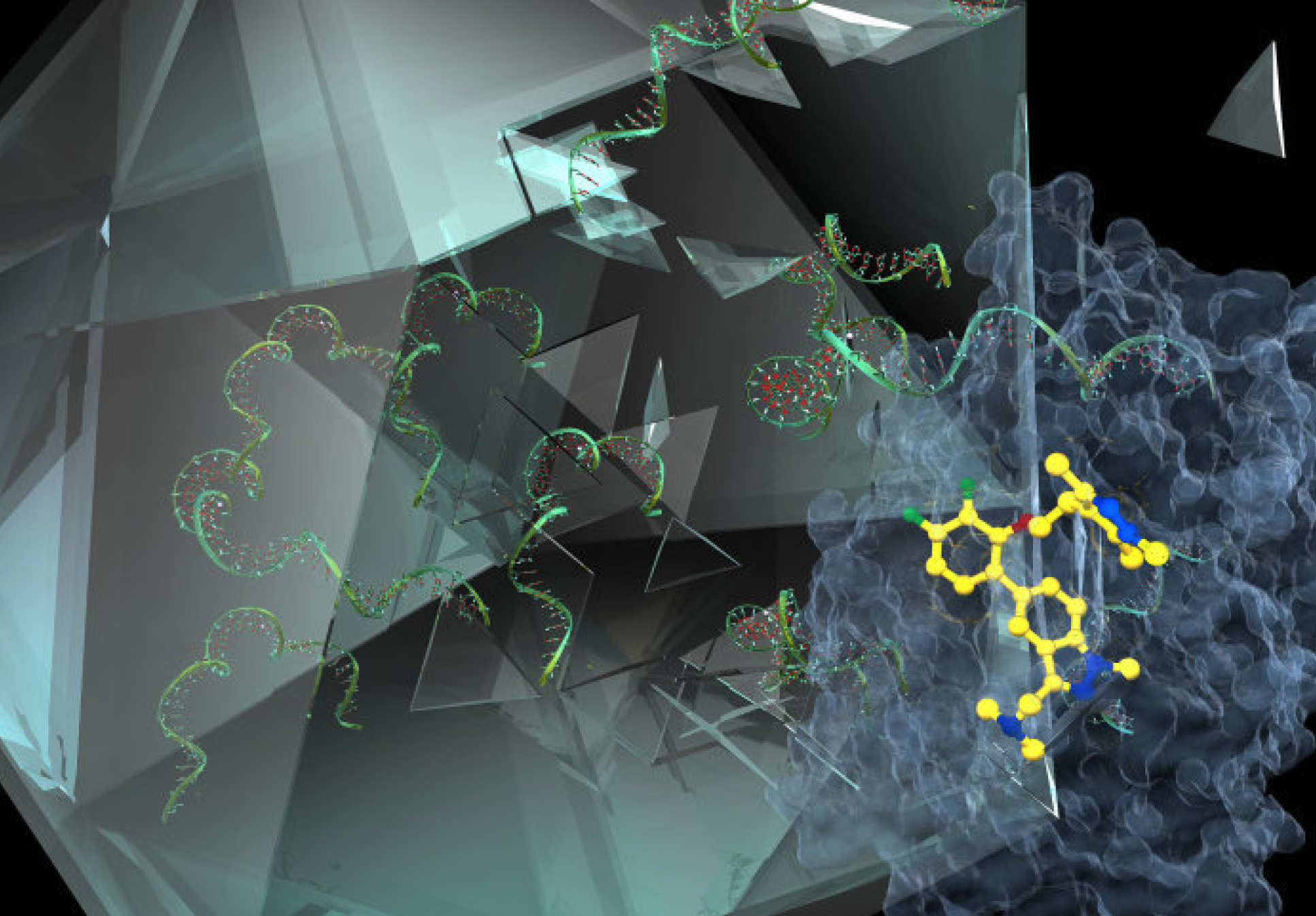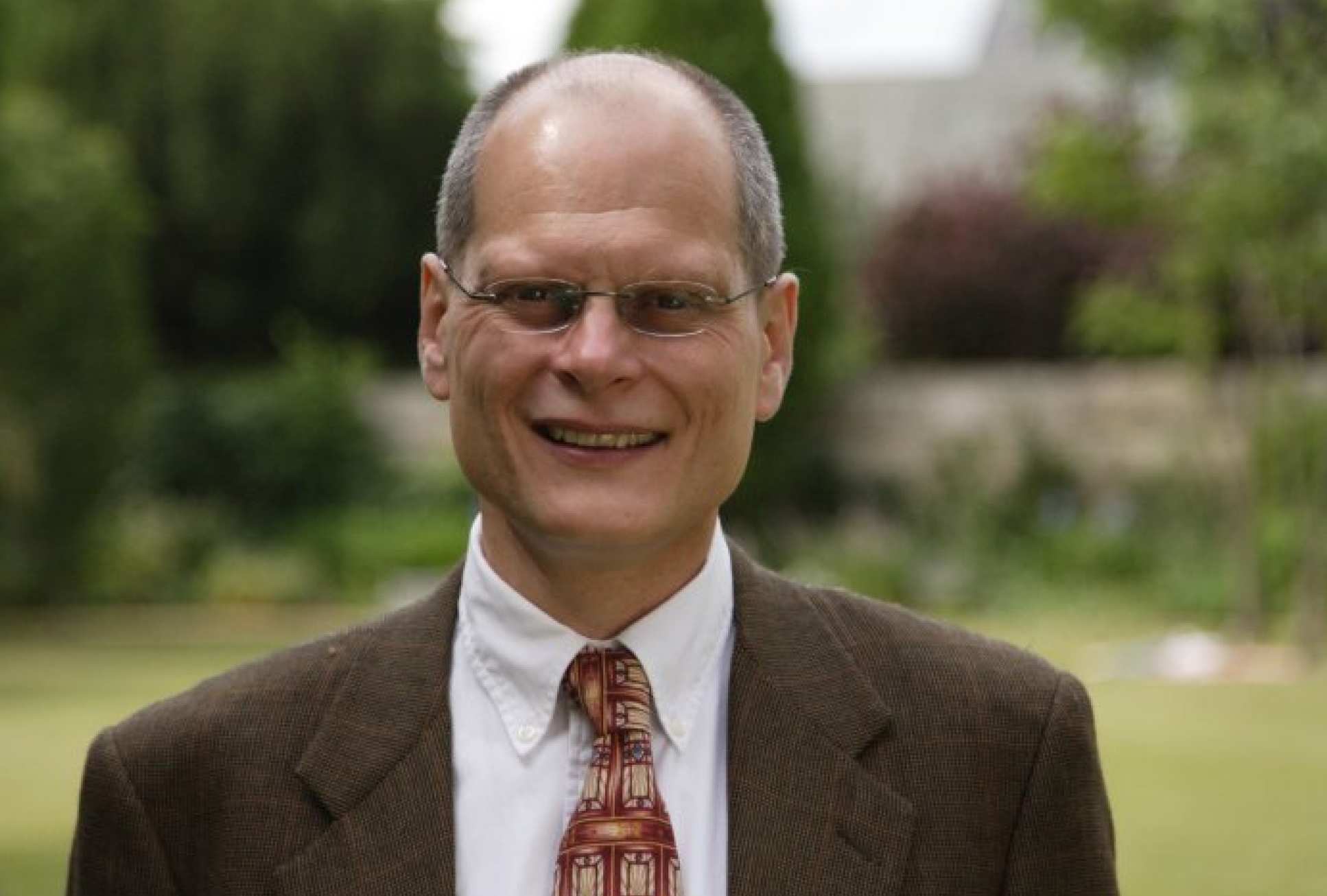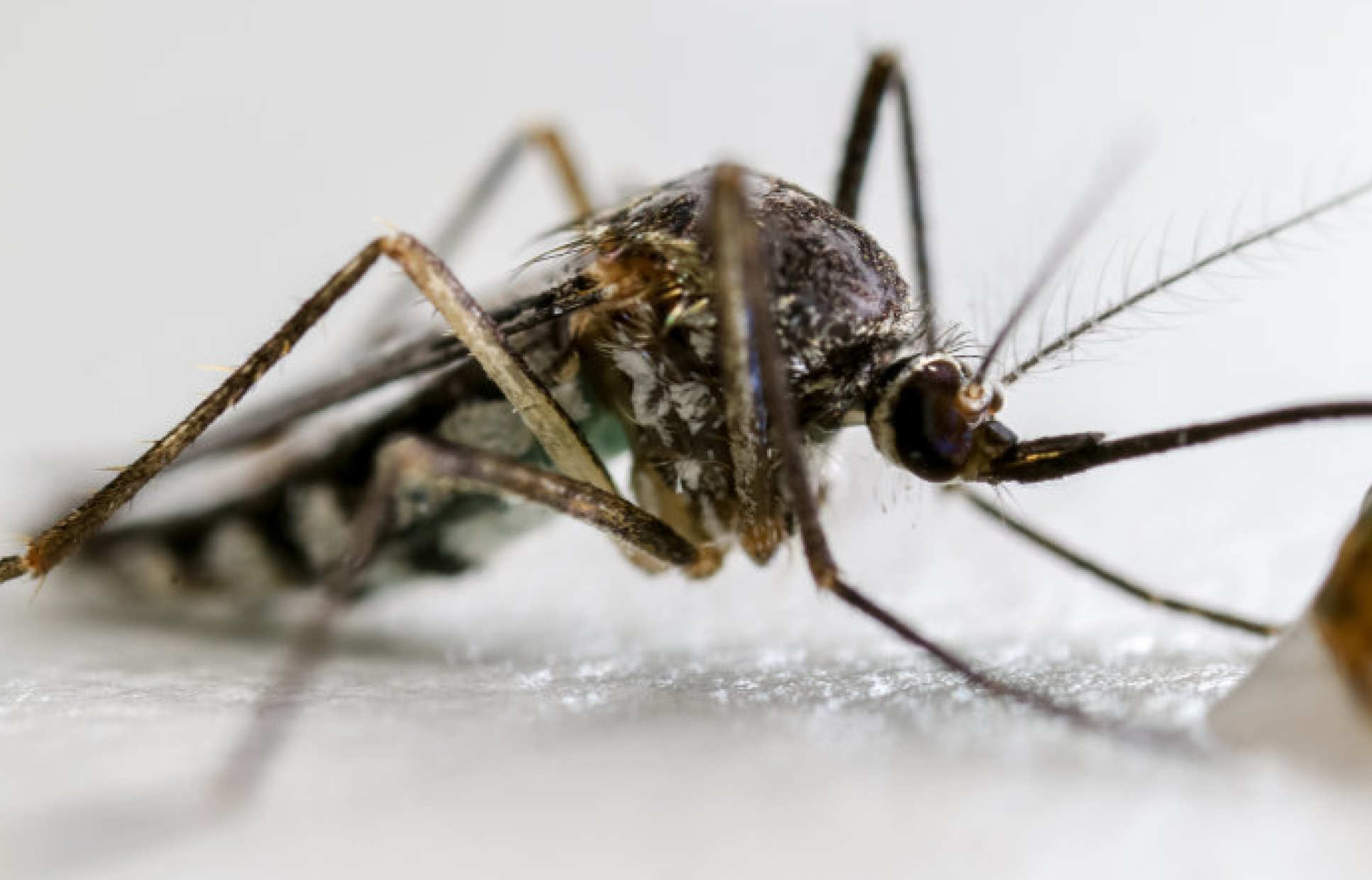The 10 most popular Imperial news stories of 2018
The past 12 months have provided many eye-grabbing headlines from the Imperial community, from world-leading research to incredible innovations.
Before 2019 is upon us, we take a quick look back at the most popular articles on our award-winning news site (ranked by the number of page views).
Here are our top 10 stories of 2018.
10. Molecule that acts on human cells might provide hope for irresistible cold cure

In May, researchers revealed they had lab-tested a molecule that can combat the common cold virus, by preventing it from hijacking human cells. Early lab-based tests with human cells showed the molecule’s ability to completely block multiple strains of cold virus, and the team hope to move to animal and human trials.
Read what the Guardian had to say about the research.
9. Oxford Pro-Vice-Chancellor and eminent physicist appointed as new Provost

In March exciting news of a senior appointment caught the attention of our readers. We learned that physics pioneer and university leader, Professor Ian Walmsley FRS, had been appointed as the next Provost of Imperial.
He took up post in September, directly from his previous role as Pro-Vice-Chancellor (Research and Innovation) and Hooke Professor of Experimental Physics at the University of Oxford. He succeeded Professor James Stirling on his retirement.
8. Mosquitoes that can carry malaria eliminated in lab experiments

Researchers have eliminated caged mosquitoes using ‘gene drive’ technology to spread a genetic modification that blocks female reproduction. This is the news that set the media ablaze in September.
The team from Imperial’s Department of Life Sciences were able to crash caged populations of the malaria vector mosquito Anopheles gambiae in only 7-11 generations.
Read what the New York Times said about the achievement.
7. Trial of ‘kick and kill’ approach to HIV cure leaves puzzles to be solved

In July Imperial researchers reported results of the first randomised clinical trial to test a novel strategy for tackling the human immunodeficiency virus (HIV). The approach involves waking up and then killing the ‘sleeping’ HIV that is hiding in the body using an experimental approach known as ‘kick and kill’.
Although investigators found no difference in effect between those participants who received the active ‘kick and kill’ therapy and those who had standard treatment, they said the trial paves the way for testing different combinations of therapies to tackle the HIV that persists in patients who receive antiretroviral treatment (ART).
6. Imperial mourns the passing of Professor James Stirling

In November, the Imperial community mourned the loss of its first Provost. Professor James Stirling FRS, passed away on Friday 9 November surrounded by his family.
Professor Alice Gast, President of Imperial said: “Our thoughts are with his family and his close friends. We celebrate all that he did in his life and we cherish our own memories of his wisdom, grace, and warmth.”
Read more tributes from the community about Professor Stirling’s remarkable academic life.
5. Experiments underway to turn light into matter

In March Imperial physicists began an experiment hoping to turn light directly into matter for the first time. It takes inspiration from an 84-year-old theory of the Breit-Wheeler process which says it should be possible to turn light into matter by smashing two particles of light (photons) together to create an electron and a positron.
4. Napoleon’s defeat at Waterloo caused in part by Indonesian volcanic eruption

In August, research from Dr Matthew Genge revealed that electrically charged volcanic ash short-circuited Earth’s atmosphere in 1815 causing global poor weather – and Napoleon’s defeat at the at the Battle of Waterloo.
Historians know that rainy and muddy conditions helped the Allied army defeat the French Emperor. Now it appears this extreme weather may have been caused by a volcano named Mount Tambora erupted on the Indonesian island of Sumbawa, which erupted spectacularly, plunging the Earth into a ‘year without a summer’ in 1816.
3. Poorest dying nearly ten years younger than the rich in “deeply worrying” trend

The gap between the life expectancy of the richest and poorest sectors of society in England is increasing. This was the finding of new research from the School of Public Health in November.
The research, published in the journal Lancet Public Health, also revealed that the life expectancy of England’s poorest women has fallen since 2011, in what researchers say is a “deeply worrying” trend.
Read what the Evening Standard said about the troubling findings.
2. Potent psychedelic DMT mimics near-death experience in the brain

A powerful psychedelic compound found in ayahuasca can model near-death experiences in the brain, revealed an eye-catching Imperial study back in August. The compound, called DMT, is now being further investigated by the research team behind the findings.
PhD candidate Chris Timmermann, a member of the Psychedelic Research Group at Imperial and first author of the study, said: “We hope to conduct further studies to measure the changes in brain activity that occur when people have taken the compound. This, together with other work, will help us to explore not only the effects on the brain, but whether they might possibly be of medicinal benefit in future.”
The most read Imperial news story of 2018 dropped in June with a discovery that changes our understanding of the basic mechanism of photosynthesis.
The new research showed the pigment chlorophyll-f plays a key role in photosynthesis under shaded conditions, using lower-energy infrared light to do the complex chemistry.
Lead researcher Professor Bill Rutherford, from the Department of Life Sciences, said: “The new form of photosynthesis made us rethink what we thought was possible. It also changes how we understand the key events at the heart of standard photosynthesis. This is textbook changing stuff.”
---

Enjoy reading Imperial’s research and College news? Be the first to catch our stories with Imperial Today – the daily email bulletin of the College’s freshest online news and digital content. Sign up to Imperial Today.
Article text (excluding photos or graphics) © Imperial College London.
Photos and graphics subject to third party copyright used with permission or © Imperial College London.
Reporter
Andrew Youngson
Communications Division